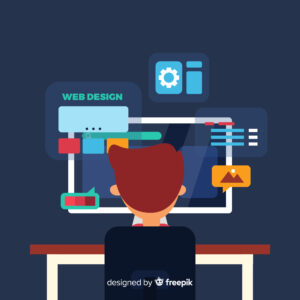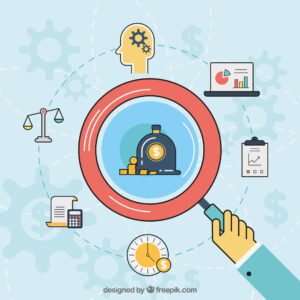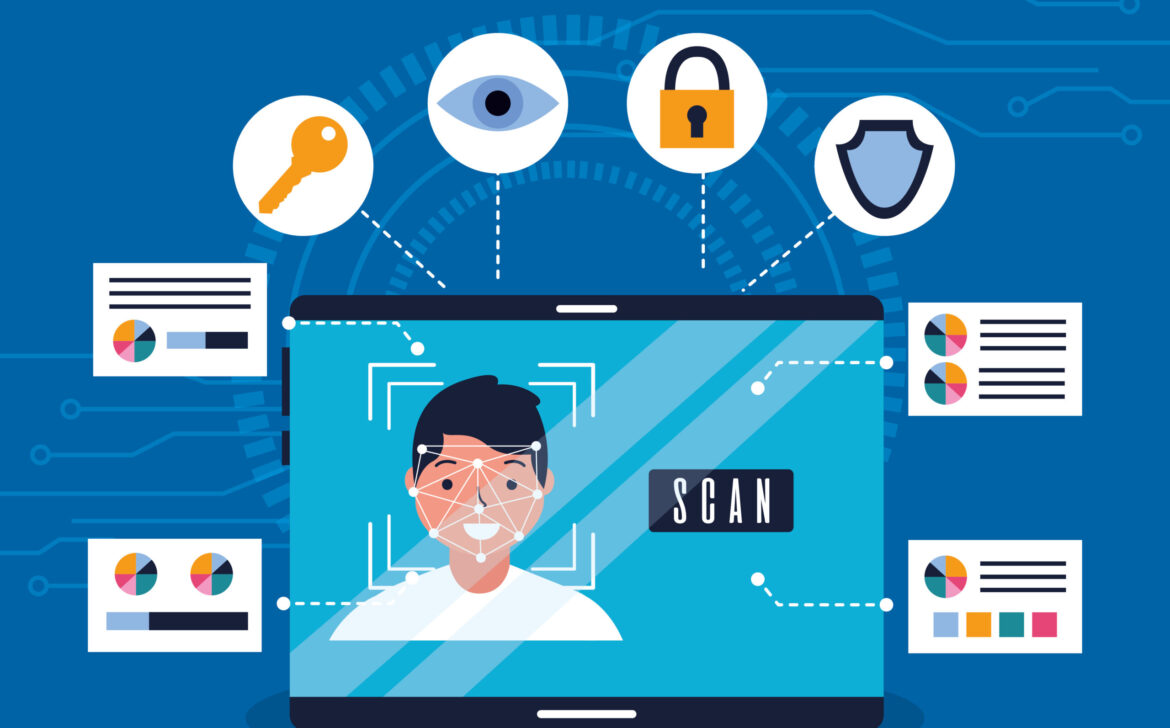AI Code Assistants Revolutionizing Software Development | UpToSkills
In the dynamic landscape of technology, AI code assistants have emerged as ground breaking tools set to revolutionize software development. These intelligent systems assist programmers by offering code suggestions, automating repetitive tasks, and debugging code. At uptoskills.com, we explore how AI code assistants transform the software development industry, their benefits, challenges, and future potential. AI code assistants are advanced software tools utilizing artificial intelligence and machine learning algorithms to aid developers in writing, testing, and optimizing code. Popular examples include GitHub Copilot, Tabnine, and Kite. These assistants understand the context of the code being written, providing real-time suggestions that significantly boost productivity and reduce project completion times. AI code assistants speed up the coding process by providing relevant code snippets and auto-completing lines of code. This allows developers to focus more on problem-solving and less on writing boilerplate code. For instance, a developer working on a new feature might spend hours writing and debugging routine code. With an AI code assistant, much of this routine work is automated, freeing up time for more complex and creative tasks. By suggesting accurate code and highlighting potential errors, these assistants help reduce bugs and improve overall code quality. They offer real-time feedback, allowing developers to fix issues as they arise. This proactive approach to error detection is invaluable in preventing bugs from becoming entrenched in the codebase, saving significant time and resources in the long run. For novice developers, AI code assistants serve as valuable learning tools. By observing the suggestions and corrections made by the assistant, beginners can learn best practices and improve their coding skills. This on-the-job learning is akin to having a seasoned mentor available 24/7, providing insights and guidance tailored to the specific code being written. Automating repetitive tasks such as code formatting, syntax corrections, and documentation generation saves considerable time. Developers can redirect this saved time towards more complex and creative aspects of software development. This efficiency gain is particularly impactful in agile development environments, where rapid iteration and frequent releases are the norms. AI code assistants help maintain a consistent coding style across a project, which is especially useful in large teams. They enforce coding standards and ensure that the code adheres to predefined guidelines, making it easier for different team members to understand and work on the same codebase. AI code assistants are trained on vast amounts of data, which often includes the best coding practices from various sources. By incorporating these practices into their suggestions, they help developers write better code, ultimately leading to more robust and maintainable software. Over-reliance on AI code assistants can lead to a lack of deep understanding of coding principles and problem-solving skills. Developers might become too dependent on these tools, potentially hindering their growth. It’s essential for developers to use AI code assistants as supplements to their knowledge rather than replacements. While AI code assistants are becoming increasingly sophisticated, they can still struggle with understanding the broader context of complex projects. This can lead to inappropriate suggestions or misunderstandings of the intended functionality. For example, an AI might suggest code that is syntactically correct but contextually irrelevant, leading to confusion or errors. Using AI code assistants involves sharing code with third-party tools, raising concerns about data privacy and security. Developers need to be cautious about the information they share and ensure they are using trusted tools. Companies should evaluate the security policies of AI code assistant providers and ensure they comply with industry standards and regulations. The suggestions provided by AI code assistants are based on the data they have been trained on. If the training data is biased or incomplete, the suggestions may not always be accurate or optimal. This can lead to the propagation of suboptimal practices or even the introduction of biases into the code. It’s crucial for developers to critically evaluate the suggestions made by AI code assistants and use their judgment to determine their appropriateness. While AI code assistants excel at automating repetitive tasks and suggesting common patterns, they may fall short when it comes to creative problem-solving. Innovative solutions often require a level of intuition and out-of-the-box thinking that AI, at least in its current state, cannot replicate. Developers must still rely on their creativity and expertise to tackle unique and complex challenges. Integrating AI code assistants into existing development workflows can be challenging. Compatibility issues with certain integrated development environments (IDEs) or specific programming languages might limit the effectiveness of these tools. Developers and organizations need to carefully consider how AI code assistants will fit into their current processes and address any integration challenges that arise. Future AI code assistants will likely become better at understanding the broader context of projects, providing more accurate and relevant suggestions tailored to the specific needs of developers. This will involve not only analyzing the code being written but also understanding the project’s overall architecture, goals, and constraints. Deeper integration with integrated development environments (IDEs) will make AI code assistants more seamless and intuitive to use. This will further enhance their ability to assist developers throughout the entire development process. For example, AI code assistants might become integral parts of IDEs, providing suggestions and insights in real-time without disrupting the developer’s workflow. AI code assistants could facilitate better collaboration among development teams by suggesting code that adheres to team standards and practices. This will promote consistency and improve the overall quality of collaborative projects. Additionally, AI could help mediate code reviews by highlighting areas that need attention and suggesting improvements, making the review process more efficient and effective. AI code assistants could evolve to provide personalized assistance based on individual developers’ coding styles and preferences. This will make the tools even more valuable and user-friendly. By learning from the developer’s past behavior and adapting to their unique style, AI code assistants can offer more relevant and customized suggestions. Future AI code assistants may be able to perform real-time analysis and optimization of code as it is being written. This could include identifying performance bottlenecks, suggesting optimizations, and even refactoring code to improve efficiency. Such capabilities would enable developers to write high-quality code from the outset, reducing the need for extensive post-development optimization. Advances in natural language processing (NLP) could enable AI code assistants to understand and interpret natural language queries more effectively. Developers might be able to describe their intentions or ask questions in plain English, and the AI could generate the corresponding code or provide relevant information. This would make AI code assistants more accessible to developers with varying levels of expertise. AI code assistants could evolve to proactively detect potential issues in code and suggest resolutions before they become problematic. For instance, the AI could identify security vulnerabilities, deprecated practices, or compatibility issues with upcoming platform updates, helping developers address these concerns early in the development cycle. AI code assistants are poised to become indispensable tools in the software development industry. By increasing productivity, reducing errors, and enhancing learning, they have the potential to revolutionize the way code is written and maintained. However, developers must remain aware of the challenges and limitations associated with these tools and use them as aids rather than replacements for their skills and expertise. As technology continues to advance, the future of AI code assistants holds exciting possibilities that will undoubtedly shape the future of software development. In embracing AI code assistants, developers and organizations must strike a balance between leveraging the benefits of these tools and maintaining a strong foundation of coding knowledge and skills. By doing so, they can harness the power of AI to drive innovation, improve efficiency, and build high-quality software that meets the demands of an increasingly digital world. The journey of AI in software development is just beginning, and its impact is bound to be profound and far-reaching. 
The Rise of AI Code Assistants: Revolutionizing Software Development
Introduction
What Are AI Code Assistants?

Benefits of AI Code Assistants
Increased Productivity
Error Reduction
Enhanced Learning
Time Savings
Consistency in Code Quality
Access to Best Practices

Challenges and Limitations
Dependency
Context Understanding
Security Concerns
Bias and Accuracy
Limited Creativity
Integration and Compatibility

The Future of AI Code Assistants
Improved Contextual Understanding
Integration with Development Environments
Enhanced Collaboration
Personalized Assistance
Real-time Code Analysis and Optimization
Natural Language Processing Enhancements
Proactive Issue Detection and Resolution
Conclusion

